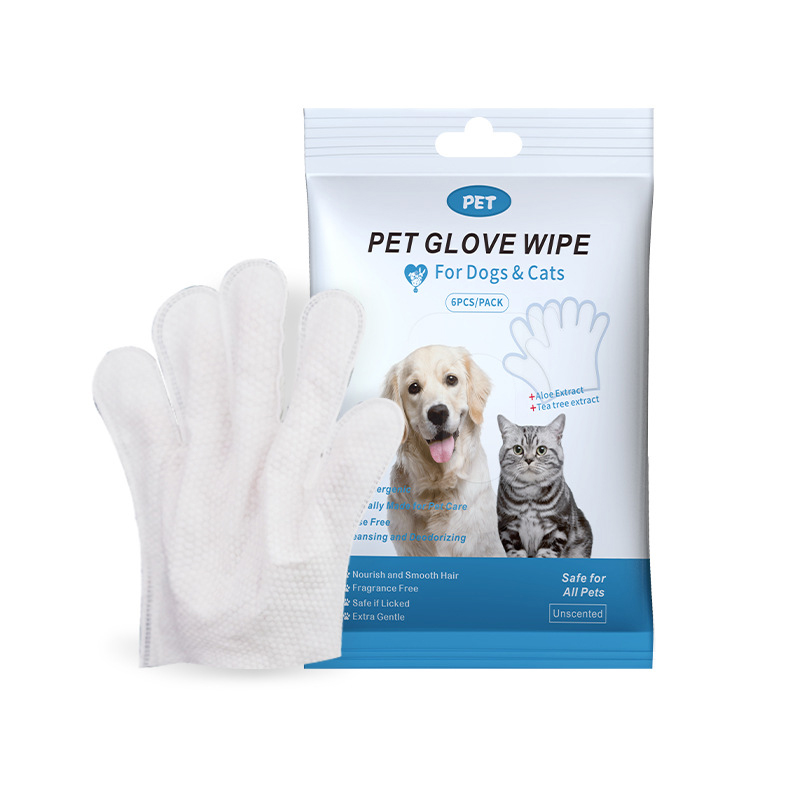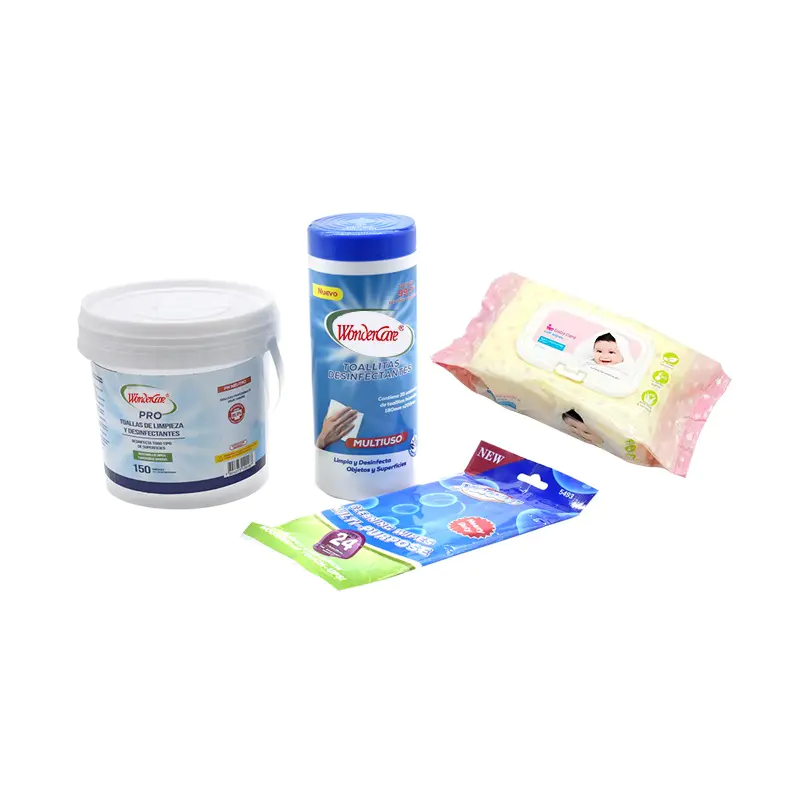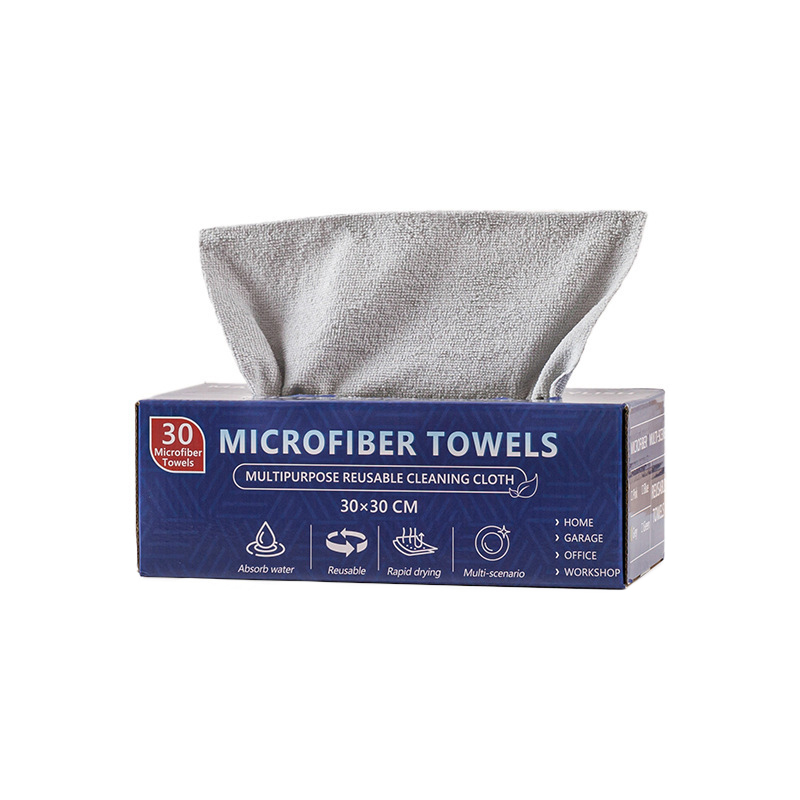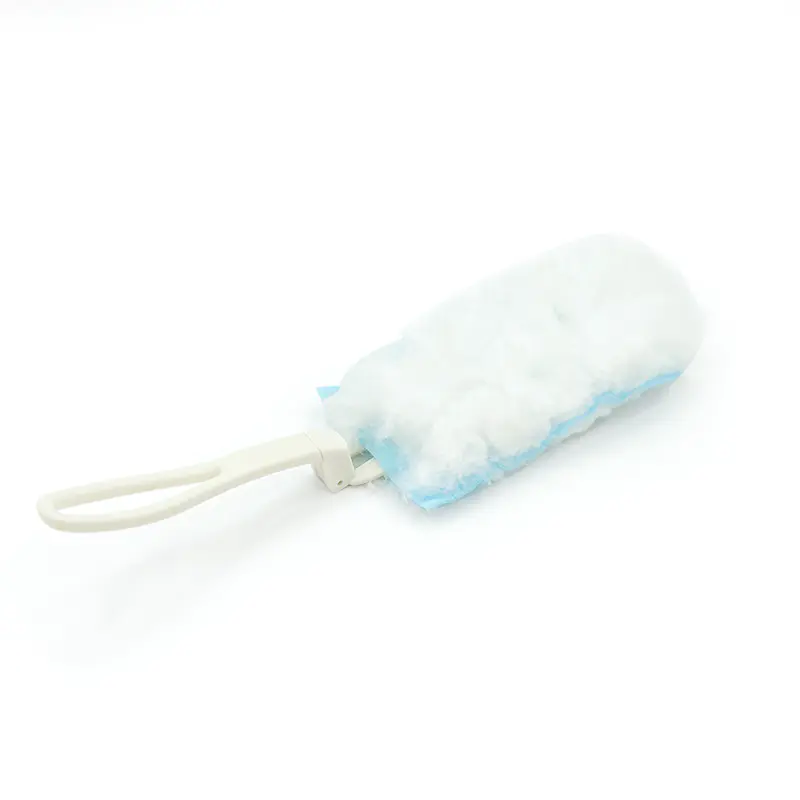The pet care industry is evolving rapidly due to technological advancements and shifting market dynamics. This evolution presents both new opportunities and challenges for businesses and pet owners alike.
Technological advancements have led to the development of smart pet care products, such as automated feeders, health monitoring devices, and GPS trackers. These innovations allow pet owners to better manage their pets’ health and well-being, creating a demand for more high-tech solutions in the market.
Telemedicine has gained traction, allowing pet owners to consult veterinarians remotely. This convenience not only expands access to care but also reduces costs associated with in-person visits. Businesses that offer telehealth services can tap into a growing market of pet owners seeking efficient healthcare solutions.
Advances in nutritional science enable the formulation of tailored pet diets based on individual health needs, age, breed, and activity levels. Companies that provide personalized nutrition plans can meet the rising demand for specialized pet diets, enhancing animal health and customer loyalty.

As consumers become more environmentally conscious, there is a growing demand for sustainable pet products, including eco-friendly toys, organic foods, and biodegradable waste bags. Companies that embrace sustainability can attract a conscientious customer base and differentiate themselves in a crowded market.
Recognizing the importance of mental well-being, there is an increasing focus on products and services that promote pet wellness, such as anxiety-reducing toys, calming supplements, and enrichment activities. This trend opens avenues for businesses to innovate and expand their offerings in pet mental health.
The pet care market has become increasingly saturated with products and services. Businesses must differentiate themselves through unique offerings, branding, and customer service to stand out in a competitive landscape.
Pet owners are more informed and discerning than ever. Companies need to stay ahead of trends and adapt quickly to changing consumer preferences, whether that involves adjusting product lines or improving service delivery.
As the industry grows, so does regulatory scrutiny. Companies must navigate complex regulations related to pet food safety, health claims, and product ingredients. Compliance can be costly and time-consuming, posing a challenge for smaller businesses.
Global supply chain issues, exacerbated by events like the COVID-19 pandemic, can impact the availability and cost of pet care products. Companies need to develop resilient supply chain strategies to mitigate these risks and ensure consistent product availability.
While technology presents opportunities, integrating new systems can be challenging for established businesses. Companies must invest in training and infrastructure to adopt technological solutions effectively, which can require significant resources.
With an increase in product offerings, maintaining consumer trust is crucial. Businesses must be transparent about their ingredients, sourcing, and manufacturing processes to build credibility and foster customer loyalty.
The pet care industry stands at a crossroads, where technological advancements and evolving consumer preferences offer exciting opportunities for growth and innovation. However, these opportunities come with their own set of challenges that require businesses to be agile and responsive. By leveraging technology, prioritizing sustainability, and focusing on consumer needs, companies can thrive in this dynamic landscape while navigating the complexities of a competitive market.

 English
English Español
Español















